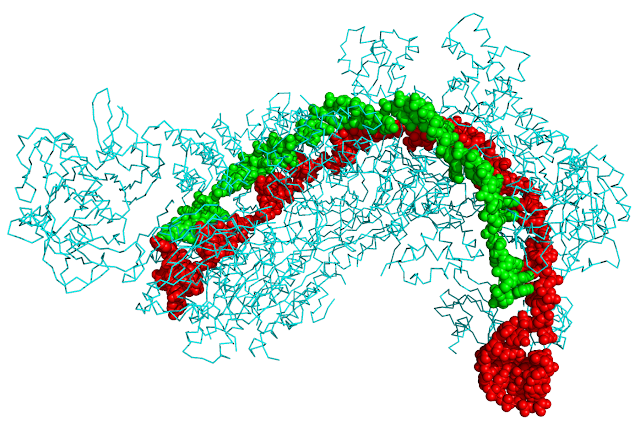Science and Ethics
At TED 2019 in Vancouver, I facilitated a dinner conversation on science and ethics. A few years ago, I attended a class on bioethics at Stanford and that came handy at the dinner table. Following are my observations from the dinner:
I started the conversation by asking everyone to solve the trolley problem which is a thought experiment in ethics. Surprisingly, some participants refused to answer the trolley problem question because there is no good answer and that is the whole point. Ethics are hard.
Then, I asked the participants to define science and explain why they thought it was important to society. Everybody had a different idea about what science is and some were offended by the second part of the question i.e. why is science important. They could not explain it because "it is obvious".
 |
| Source: Wikipedia |
After we had agreed on what science is and what ethics are, we had a very interesting and wide ranging discussion on CRISPR, gene editing, designer babies, the role of governments in science, etc. The summary is that participants agreed on subtraction with gene editing i.e. in the unborn child, parents can eliminate genes that can cause harm, prevent diseases, etc. The participants also agreed that addition with gene editing should not be allowed i.e. in the unborn child, parents can not make changes in genes that cause the child to be seven-foot tall, have blue eyes and blonde hair, etc.
If you dig deeper into addition and subtraction with gene editing, it would be difficult to know where to draw the line. Do we trust our governments enough to know where to draw the line?
